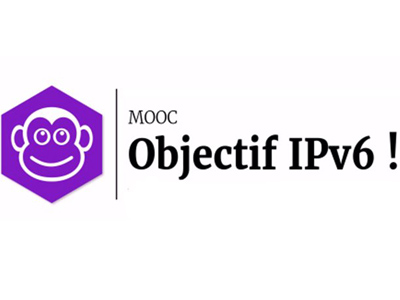Présentation
Since the start of the epidemic HIV has infected over 75 million people and provoked more than 35 million deaths. Today, although HIV replication can be controlled by antiretroviral treatment, HIV infection remains an outstanding global health issue, with 36.7 million infected people and 1 million HIV-related deaths in 2016, according to WHO. Half of the infected population does not have access to antiretroviral treatment and 2 million new infections are registered every year. In addition there is currently no cure for HIV and antiretroviral treatment needs to be maintained for life. In this MOOC we will review different aspects of HIV infection: from its biological origin and its identification as the causative agent of AIDS to the perspectives of eradication. We will summarize the status of the HIV epidemic in the world from the perspective of the virus (molecular diversity) and the host (populations). We will focus a large part of the course on the latest discoveries on the complex interactions between the virus and the host cell, the immune mechanisms that are set in motion to tackle the virus and how HIV is able to evade them. We will describe exceptional individuals who have developed efficient mechanisms to control the infection and animal models of spontaneous protection. Finally, we will address research issues with regard to clinical management of HIV infection and future perspectives on treatment and prevention. Altogether, this MOOC will provide a transversal insight into HIV research with the perspective of both scientists and clinicians.
Déroulement
This MOOC is organized in 6 chapters :
- 1. Origin, Epidemiology and Natural history of HIV infection.
- 2. Mechanisms of HIV replication and dissemination. The establishment of viral reservoirs.
- 3. HIV and the immune system.
- 4. Physiopathology of HIV infection.
- 5. Clinical management.
- 6. Perspectives and future challenges.
Each module is composed of 5 sessions. In each session, you will find a 8-10-minute video and a multiple choice test to help you check your understanding. The videos are in English subtitled in French and in English.
Intervenants
MICHAELA MÜLLER-TRUTWIN
Michaela Müller-Trutwin is Associate Professor and the head of the “HIV, Inflammation and Persistence” Unit at Institut Pasteur, where she also directed the international PhD program. She is the President of the Coordinated Action on HIV Basic research at the ANRS and Vice-President of the Scientific Council at Institut Pasteur. Her work is focused on identifying factors involved in the protection against chronic inflammation and the control of viral reservoirs with the aim to translate the findings into clinical research.
ASIER SÁEZ-CIRIÓN
Asier Sáez-Cirión is Associate Professor at Institut Pasteur and Team Leader at the HIV, Inflammation and Persistence Unit. He is the Co-coordinator of the ANRS RHIVIERA consortium on HIV remission and the ANRS VISCONTI study. He is the president of the scientific and medical committee of Sidaction. His work is currently focused on understanding natural mechanisms associated with control of HIV/SIV infection and progression to AIDS. In particular he studies the role of intrinsic and adaptive immunity and the impact of viral reservoirs in different models of spontaneous or induced control of viremia in the absence of antiretroviral therapy.
Prérequis |
TWe recommend a good scientific background (such as a bachelor of science) |
|---|---|
Début du cours |
2 nov 2018 |
Efforts estimés |
|
Coût |
Gratuit |
Disciplines |
Santé et Médecine |
Langues |
Anglais |
Créateur |
Institut Pasteur |
Plateforme |
Fun Mooc |






















